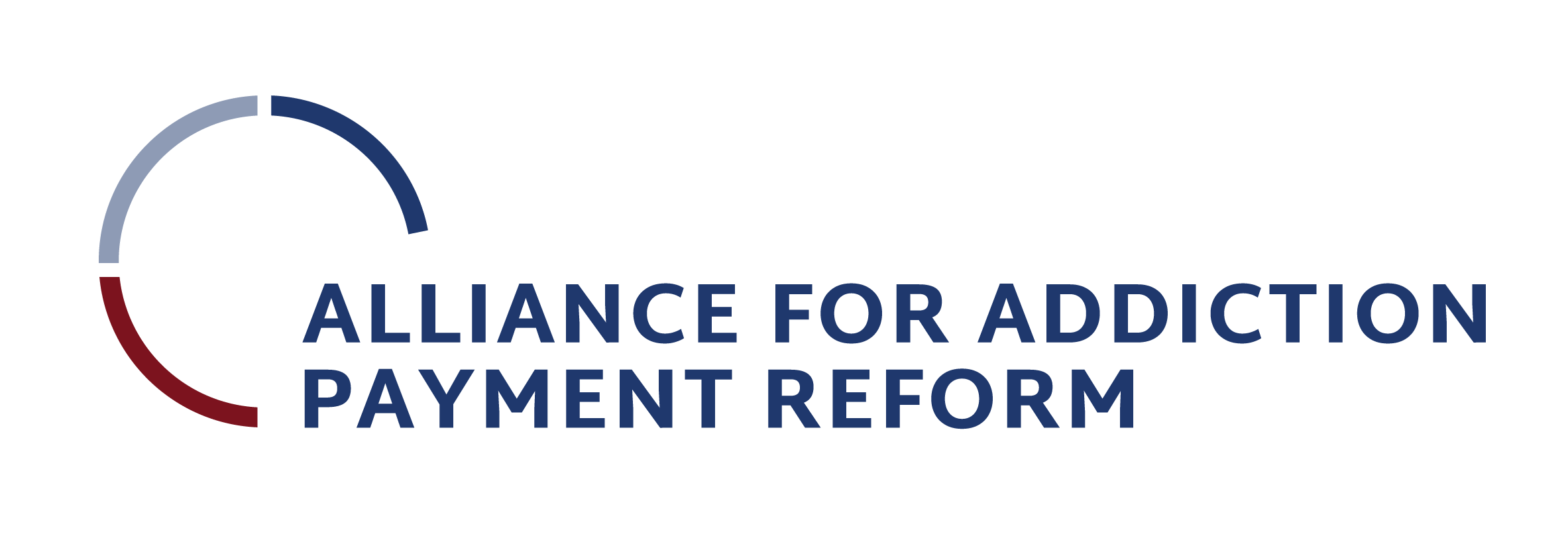Alliance Member Spotlight
Payer organizations have been experiencing increased pressure to ensure that they include high-quality mental health and substance use disorder (MH/SUD) care providers in their networks, which aim to improve access and cost-effectiveness. Comprehensive MH/SUD service delivery models have been playing an increasingly prominent role with respect to addressing this pressure while continuing to collect pertinent data to inform its patient outcomes and ability to support an extremely fractured service delivery system that has historically incentivized volume over-quality service delivery.
Payers are increasingly adopting value-based reimbursement (VBR) models for SUD treatment as they seek to improve outcomes and reduce the high costs associated with ineffective care. Traditional fee-for-service models have historically incentivized volume over quality, often leading to fragmented and costly treatment pathways. In contrast, VBR models – such as bundled payments, capitation, and pay-for-performance structures – align financial incentives with patient recovery metrics, care coordination, and long-term success. While adoption is still evolving, payers, Medicaid programs, and accountable care organizations (ACOs) are piloting and expanding these models, leveraging data analytics and evidence-based care strategies to drive better results. Challenges remain, including provider readiness, data integration, and defining meaningful outcome measures, but momentum is growing as stakeholders recognize the potential for VBR to transform SUD care delivery.
For this month’s Alliance newsletter, Eric Bailly, connected with Stuart Lustig, MD, MPH, National Medical Executive for Behavioral Health Strategy and Product Design at Cigna Healthcare, to learn more about Cigna’s progress with establishing value-based, alternative payment model contracts with behavioral health providers. Specifically, Eric sought to learn more about Evernorth Health Services’ behavioral health offerings and work to advance measurement-based care with its behavioral health network. According to a case study published on their website, an initial pilot launched with “44,000 network clinicians and currently stands at more than 53,000 providers.” “The providers include behavioral health therapists who can help with a variety of mental health conditions, including anxiety, depression, sleep disorders, substance use disorders, and more.”
Next Meeting: March 26, 2025 3:00-4:30pm ET
The featured guest speaker will be Samuel Nordberg, PhD, from Optum. He will present an Atrius Health and Reliant Medical Group primary care-integrated clinical program for patients with mild/moderate behavioral health needs called Precision Behavioral Health. Dr. Nordberg will discuss how this solution has made a clinical impact and its provision for payment innovation opportunities.
December 11, 2024 Meeting Recap
Recording available here; Passcode: LZ9+=s%F
Agenda
- Welcome and Introductions
- Industry & Policy News: Post-Election Key Healthcare Insights: What do we need to be thinking of from an industry and policy perspective as we move into 2025? – David Smith, CEO, Third Horizon
- Wrap-up: 2024 Alliance for Addiction Payment Reform “Year in Review”
If you are interested in participating in this or any of the quarterly Alliance meetings, visit www.incentivizerecovery.org and select the quarterly meetings link to add yourself to the participant list. If you encounter any issues with this process, please email Eric Bailly at eric@thirdhorizonstrategies.com.
If you have any questions or would like to join the conversation and connect with Alliance, please fill out this form and follow our public LinkedIn page.

